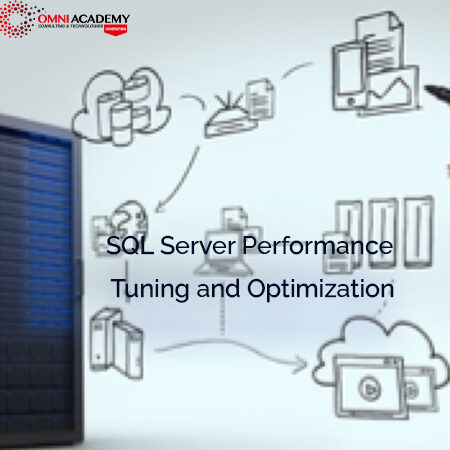Deep Learning Specialization
Course Objectives:
- Understand the fundamentals of deep learning and neural networks
- Build and train neural networks for various tasks using TensorFlow and Keras
- Develop expertise in convolutional and recurrent neural networks
- Implement techniques to optimize deep learning models (regularization, dropout, etc.)
- Apply deep learning to real-world applications such as image classification, language processing, and time series analysis
Course Content
Module 1: Introduction to Deep Learning
What is Deep Learning?
The importance of neural networks in modern AI
Forward and backward propagation
Loss functions and optimization techniques (Gradient Descent, Stochastic Gradient Descent)
Supervised learning and backpropagation in neural networks
Cost functions, vanishing gradients, and exploding gradients
Weight initialization and optimization methods (Adam, RMSprop)
Regularization techniques: L2 and L1 regularization, dropout, batch normalization
Understanding and addressing bias-variance trade-off
Module 3: Convolutional Neural Networks (CNNs) for Image Processing
What are CNNs?
Understanding filters, kernels, and feature maps
Transfer learning and pre-trained CNN architectures (e.g., VGG, ResNet)
Techniques like YOLO and Faster R-CNN for object detectionning
Module 4: Recurrent Neural Networks (RNNs) for Sequential Data
Understanding RNNs:
The architecture of RNNs: Unfolding the network and handling time steps
Addressing vanishing gradients in RNNs
Time series forecasting, text generation, language translation, and speech recognition
Applications of autoencoders in dimensionality reduction and anomaly detection
Training GANs: The generator and discriminator networks
Applications of GANs in image generation, style transfer, and creative AI
Module 6: Deep Learning Frameworks and Model Deployment (5 Hours)
Working with TensorFlow and Keras:
Model training, evaluation, and fine-tuning with TensorFlow
Introduction to TensorFlow Serving and ONNX for cross-framework deployments
Module 7: Advanced Techniques for Deep Learning
Reinforcement Learning Basics:Understanding the key concepts of reinforcement learning
Applications of deep reinforcement learning in gaming, robotics, and more
How attention enhances the performance of models like transformers
Techniques for interpreting and explaining deep learning models
Career Path After Completion:
Upon completion of this Deep Learning Specialization, participants can pursue careers in:
AI Engineer: Develop, train, and optimize deep learning models for various applications.
Course Prerequisites:
Basic understanding of machine learning algorithms
Familiarity with Python programming
Knowledge of linear algebra, calculus, and probability is recommended
Prior experience with any deep learning framework is beneficial but not required
Job Interview Preparation (Soft Skills Questions & Answers)
- Tough Open-Ended Job Interview Questions
- What to Wear for Best Job Interview Attire
- Job Interview Question- What are You Passionate About?
- How to Prepare for a Job Promotion Interview
Stay connected even when you’re apart
Join our WhatsApp Channel – Get discount offers
500+ Free Certification Exam Practice Question and Answers
Your FREE eLEARNING Courses (Click Here)
Internships, Freelance and Full-Time Work opportunities
Join Internships and Referral Program (click for details)
Work as Freelancer or Full-Time Employee (click for details)
Flexible Class Options
- Week End Classes For Professionals SAT | SUN
- Corporate Group Trainings Available
- Online Classes – Live Virtual Class (L.V.C), Online Training
Related Courses







